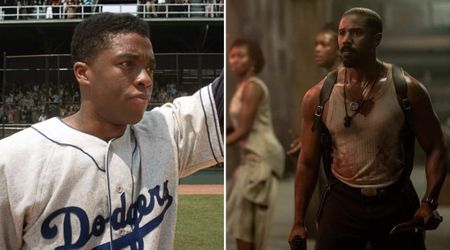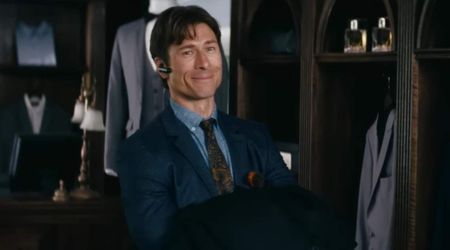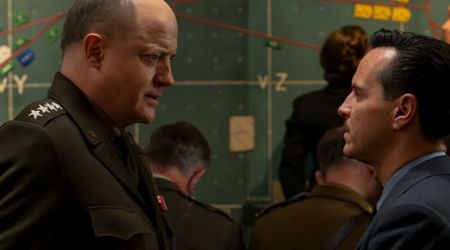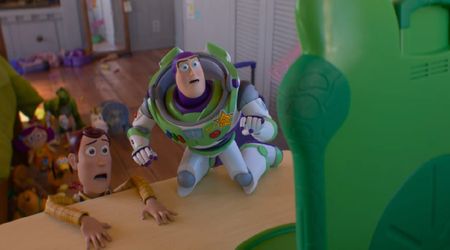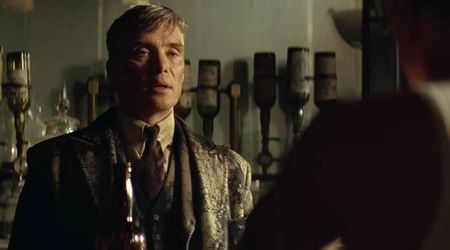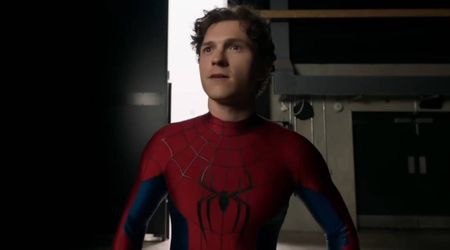'The Prison Within' Review: Hard-hitting docu details pre and post-traumatic experiences of San Quentin inmates

Everyone endures a traumatic experience at least once in their lifetime. In its aftermath, a person's perception of the world changes and so does the way they navigate and operate. They are impacted emotionally, mentally, and physically to the point that their psychological stability is shaken. If left untreated trauma can multiply itself and not only directly affect the person harboring it, but the impact is felt even in the community. It will eventually seep through the generations to come, culminating in a vicious cycle of disruptive behavior and semblance.
There are lots of misconceptions about people in prison, their identity whilst in confinement, and when they are reintegrated into society. What most fail to notice is that imprisonment is also a very traumatic experience, and the crimes that drove the prisoner to his current circumstance may also stem from a traumatic history. 'The Prison Within' is a justice system reform documentary featuring the prisoner of San Quentin Prisoners, on their journey to recourse, rehabilitation, and redemption. Directed by Katherin Hervey, a former Los Angeles Public Defender and volunteer prison college instructor, the unscripted film details harrowing accounts of prisoners who are left to deal with the ramifications of their actions by themselves. It also focuses on survivors of violent crimes, their plight, and their struggle with healing from their experiences.
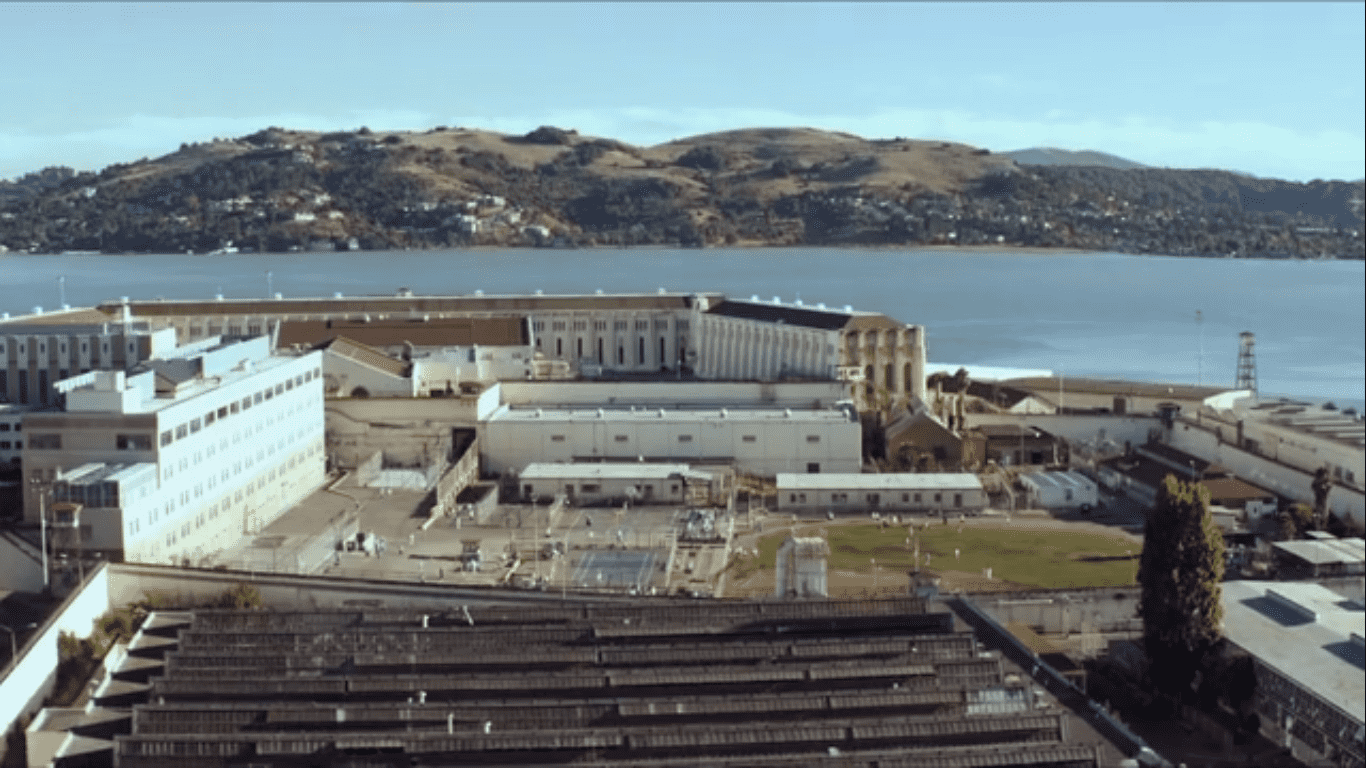
The US has the highest incarceration rate in the world, accounting for nearly 25 percent of the global prisoners. According to a research article by the Journal of Traumatic Stress Disorders & Treatment, nearly 2.2M people are in jails serving sentences, and an additional 4.8M on probation or parole. 'The Prison Within' forms a unique perspective into the lives of prisoners as they overcome the psychological barriers from being incarcerated by working with victims and social helpers. A vast majority of prisons across the country have nothing to help people turn their life around, which is an issue that needs to addressed. At the San Quentin State Prison, however, groups of incarcerated men come together to specifically address their trauma in a weekly rehabilitation program called 'Victim Offender Education Group' (VOEG).
In a wonderful, rare and candid moment, the prisoners divulge their raw feelings, in particular, about the trauma they have caused and survived. Every man sitting in the VOEG circle, baring themselves and their stories, is convicted of murder. The film pans in on each of these individual going through significant and profound changes as they come to terms with their crimes and past, and confront their inner demons. The VOEG program is designed to get to the root causes of one's crimes and process its effects on themselves, the survivors, and the community. Sonya Shah, the founder and director of The Ahimsa Collective, and the host of a majority of the VOEG sessions says the program is driven by the philosophy that 'hurt people hurt people'.
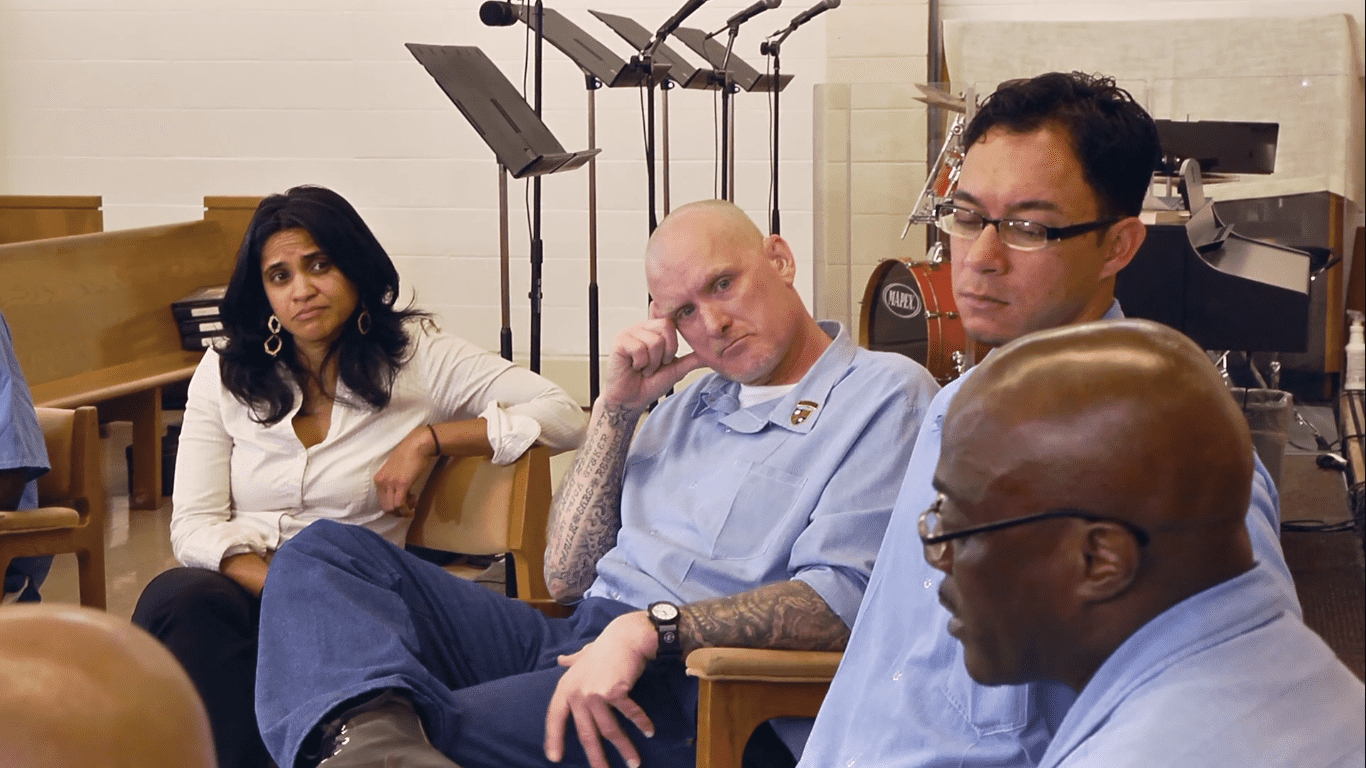
"You come from an environment where you haven't healed from harm experienced in the past, it goes unprocessed. Then the likelihood is that the trauma starts shifting inwards and pushes the person to hurt themselves or [shifts] outwards where people can hurt other people", Shah explains. There is a well-establised connection between violence and trauma that has gone unchecked for a long time. The program provides a rare opportunity to escape from normal prison life, once a week and is a curriculum that comes alive during the group process. VOEG comprised approximately 80 weeks of deep repair, where the participant indulges in the process of truth-telling of oneself. Sujatha Baliga, Director, The Restorative Justice Project, Impact Justice also talks about the criminal justice system's shortcomings and its lack of facilities to help prisoners in their rehabilitation.
VOEG is aimed at unpacking that process through a series of exercises. the rehabilitation facilitated by VOEG is divided into three phases. The first is a timeline, where the men detail pivotal moments from their lives that caused them to change their outlook and behavior. It is almost like taking an emotional dive into one's life to understand what happened and where things went wrong. The prisoners participating in the program all share their experiences, breaking down into tears while confronting the truth and go through a plethora of emotions together ranging from pain and anger to shame and regret. There is beauty in human relationships and the way they go about repairing what's broken by peeling back layers of remorse, suffering, and regret.
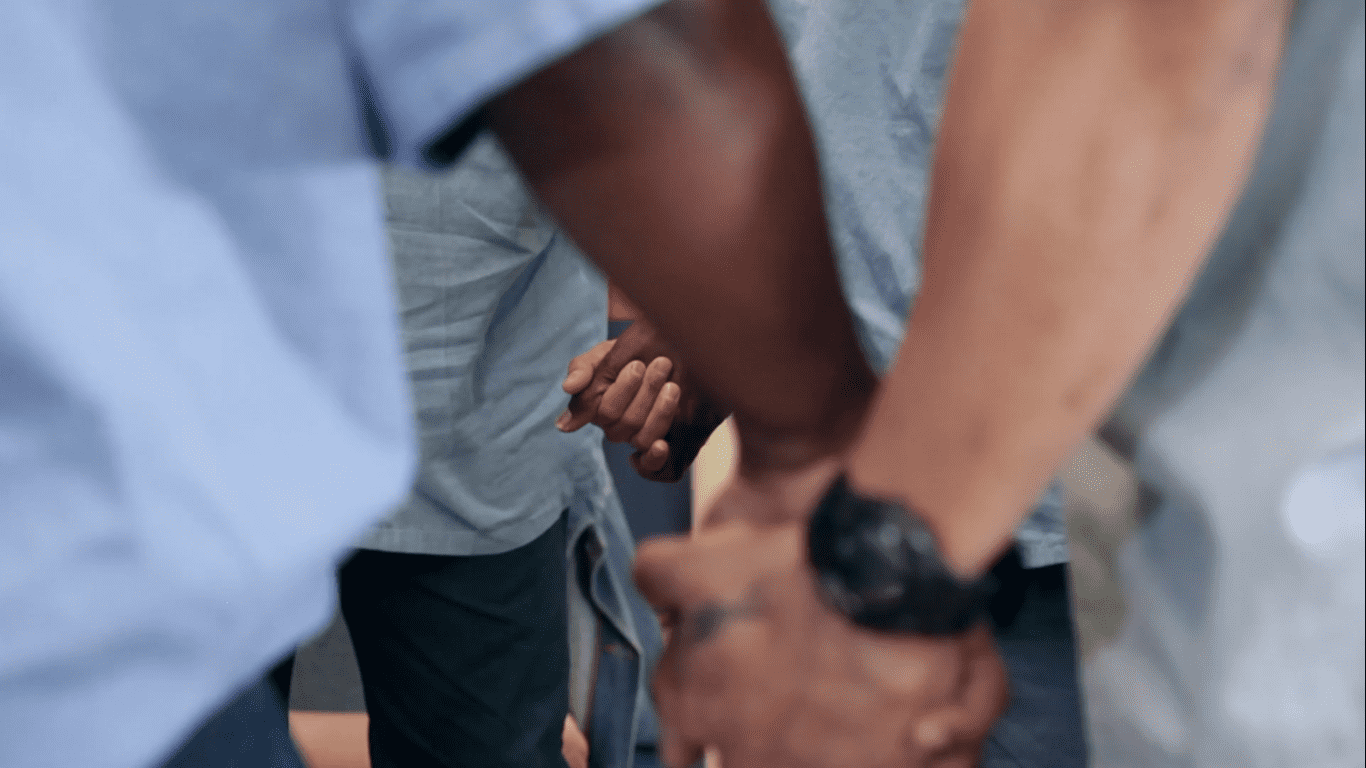
In the second stage, participants write a letter of forgiveness addressed to the person that has harmed them. It is an attempt at empathizing with the trauma that their abuser may have experienced. This reflection, while it doesn't excuse their actions, provides them with a context that shows them that the violence against them also stemmed from trauma. The third step in the program is the crime impact statement, where survivors of the crime that the prisoners have been convicted of join the circle. Baliga explains how survivors are led to believe that the criminal legal system will give them justice, with the state punishing people being the only option for accountability. But at VOEG, prisoners and survivors share their contrasting view-points but similar pain, and trauma for a more comprehensive outlook on the crime that has been committed.
VOEG separates the person from the action, stressing on the fact that what you do does not entirely define who you are. Once that separation occurs, the person is able to take full responsibility for their actions while also developing their sense of self. To some, this would mean validation from the community, and it often weighs down on them. Here, accountability becomes liberty. Troy Williams, a former prisoner at the San Quentin Prison says we have to "take the time to learn and know another person's story, before we judge and throw them away. We will find a lot more that will bind us together than tear us apart." In this way the documentary is profound, hard-hitting, emotional and insightful, giving us unprecedented access to the lives of incarcerated criminals. It alsi shows how a human being is capable of change and how we as a community can evolve and broaden our perspective of humanitarianism.
'The Prison Within' will be available on-demand and home video on August 25.


